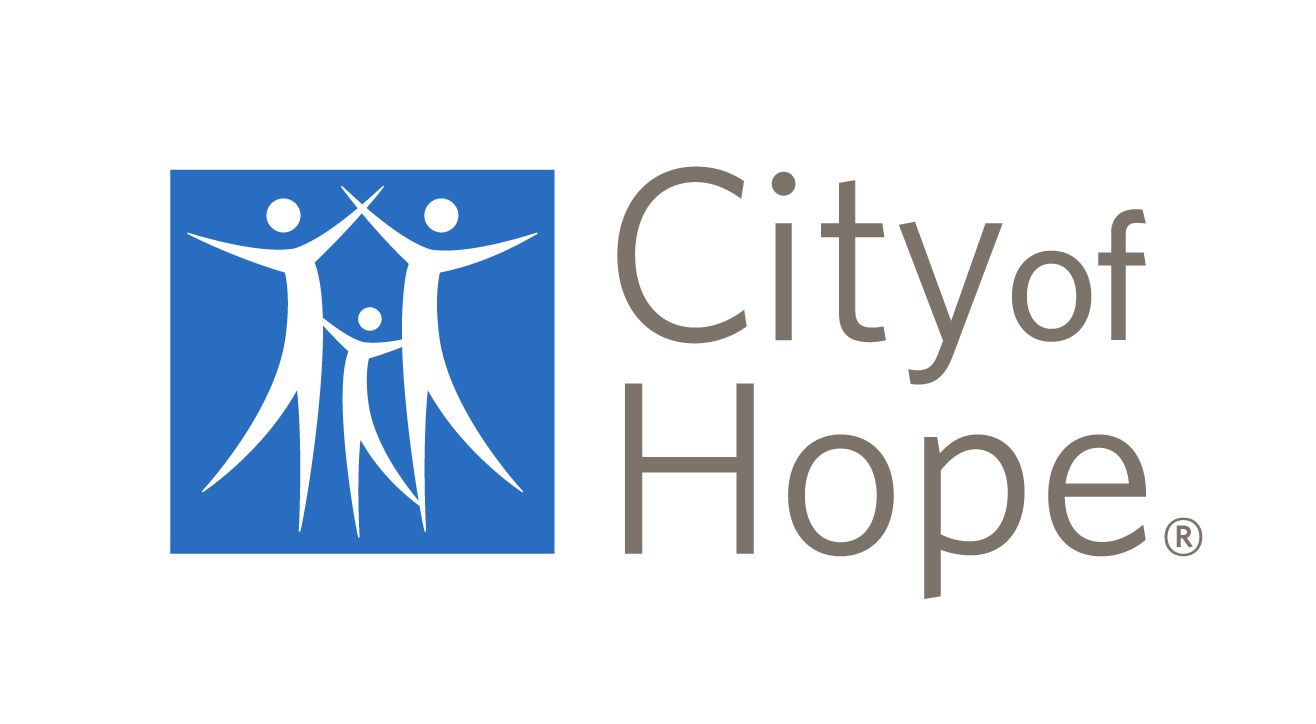- Advertise
- About OncLive
- Editorial Board
- MJH Life Sciences brands
- Contact Us
- Privacy
- Terms & Conditions
- Do Not Sell My Information
2 Clarke Drive
Suite 100
Cranbury, NJ 08512
© 2025 MJH Life Sciences™ and OncLive - Clinical Oncology News, Cancer Expert Insights. All rights reserved.
Dr. Pullarkat on Treatment Strategies in Transplant Ineligible ALL
Vinod A. Pullarkat, MD, clinical professor of Hematology & Hematopoietic Cell Transplantation, and hematologist/oncologist, City of Hope, discusses treatment strategies in transplant ineligible acute lymphoblastic leukemia (ALL).
Vinod A. Pullarkat, MD, clinical professor of Hematology & Hematopoietic Cell Transplantation, and hematologist/oncologist, City of Hope, discusses treatment strategies for patients with transplant-ineligible acute lymphoblastic leukemia (ALL).
Older patients with ALL have a historically poor prognosis, says Pullarkat. Researchers believe that moving therapies that have been approved for use in the relapsed setting into the frontline setting may improve outcomes. Older patients with Philadelphia-positive (Ph-positive) disease are a prime example, adds Pullarkat, as they have been shown to achieve deep remissions with a combined “lite chemotherapy” and TKI approach.
Furthermore, drugs such as blinatumomab (Blincyto) can be added to “lite chemotherapy” in the frontline setting to increase the tolerability of the regimen and induce more durable remissions. By re-evaluating the optimal role of these agents, investigators are beginning to show that high-intensity chemotherapy is not needed in these patients, says Pullarkat. Notably, blinatumomab is more active in the presence of minimal residual disease negativity; therefore, investigators are also evaluating the efficacy of blinatumomab following chemical debulking.


